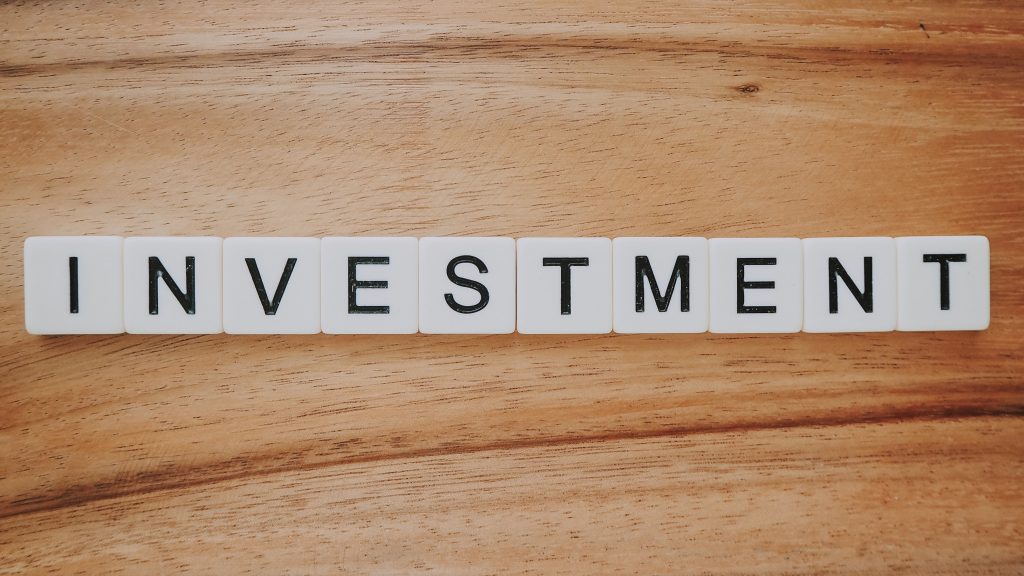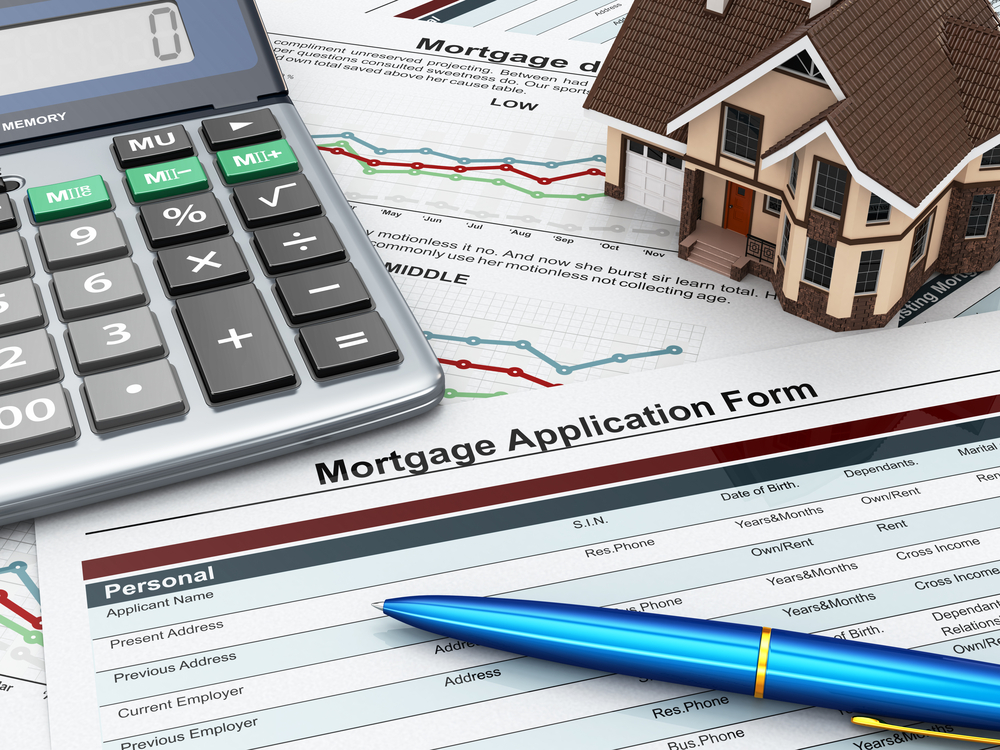Investor loan vs. owner-occupier loan: what’s the difference?

With rental vacancy rates falling across the country, the property market is well and truly in favour of investors in 2022. If you’ve been on the fence about buying an investment property for some time, this may very well be the year to bite the bullet and finally turn your idea into a reality.
You may already have experience with the home loan application process from a current or previous property. However, securing a loan for an investment property is a little bit different.
In this post, we take you through the main differences between an investment property home loan and an owner-occupied home loan. With this information, you’ll be able to decide whether an investor loan is suitable for your personal and financial goals.
They have different interest rates

Investor loans and owner-occupier loans are two different home loan products, each with their own interest rates, features, and policies.
Investment home loans often come with additional features, such as a redraw facility, offset account, or the ability to make additional repayments over the course of your loan. There is a catch though: because of the nature of investing, investment loans can also attract higher interest rates than standard home loans.
For example, a lender might advertise a 1.79% p.a. for an owner-occupier home loan and a 2.14% for a comparable investor loan. That’s why it’s incredibly important to compare investment property loans from different lenders to find the best rate on the market.
Note: interest rates are indicative and are subject to change.
Want to see how much you could borrow with an investor loan? Work out your borrowing power with our free calculator.
Investors can opt for an interest-only loan
Some lenders will allow investors to apply for an interest-only loan, where they only need to pay the interest on the mortgage — rather than paying back the principal and interest. These might be suitable in some cases but bear in mind that most lenders will only allow you to make interest-only payments for a fixed amount of time (i.e. 5 years).
Investment home loans have stricter lending criteria

Lenders often see investors as riskier borrowers, which means the lending criteria is more strict. It’s challenging to come across a low-deposit investor loan — you’ll typically need a minimum loan-to-value ratio (LVR) of 10% or more of the total property value, plus stamp duty and other cost like solicitor fees. While there are some lenders who will accept 10% LVR, this comes with the added cost of needing to pay Lender’s Mortgage Insurance (LMI). Bear in mind this could be a cash deposit or equity on an existing property.
Lenders may also take into account the amount you are likely to receive in rental income. It bodes well for you if the yield potentially covers the cost of your mortgage repayments, as it means the investment may lower your debt-to-income ratio.
Note: the lending criteria for investors has been tightened even further with the recent changes announced by the APRA. At the end of 2021, the APRA increased the minimum interest rate buffer to 3% above the loan product rate, which is expected to largely affect maximum borrowing capacity for investors.
Investor loans can come with additional fees
On top of higher interest rates, investors have to account for extra costs associated with their investment property loan.
These include:
- stamp duty;
- lending charges;
- legal fees;
- building and pest inspections;
- account keeping fees;
- Insurance; and
- valuation and settlement fees.
Because your purchase is an investment and not an owner-occupied property, you also won’t be able to take advantage of most grants and exemptions, such as stamp duty exemption or the First Home Buyer Grant.
Investors have to pay tax on any income generated

This isn’t specifically related to home loans, but it’s important to mention for any aspiring property investors.
On top of needing to supplement your mortgage if your property is negatively geared, owning a residential investment property also comes with its own tax implications. All of the income you generate through tenants living in the property is taxable, and you’ll need to factor this in when you do your annual tax returns.
There is some good news though: any interest you pay on your loan is tax-deductible. For more information on tax and investment property, visit the ATO website.
Ready to invest in 2022?
If you’re ready to take the first step into the investment property market, we’re right there with you. Our experienced brokers will help you secure the sharpest home loan rate from more than 30+ lenders on the market, and guide you through the entire investment loan process from application to settlement. Contact us today for your free consultation.
** General Advice Warning
The information provided on this website is general in nature only and it does not take into account your personal needs or circumstances into consideration. Before acting on any advice, you should consider whether the information is appropriate to your needs and where appropriate, seek professional advice in relation to legal, financial, taxation, mortgage or other advice.




